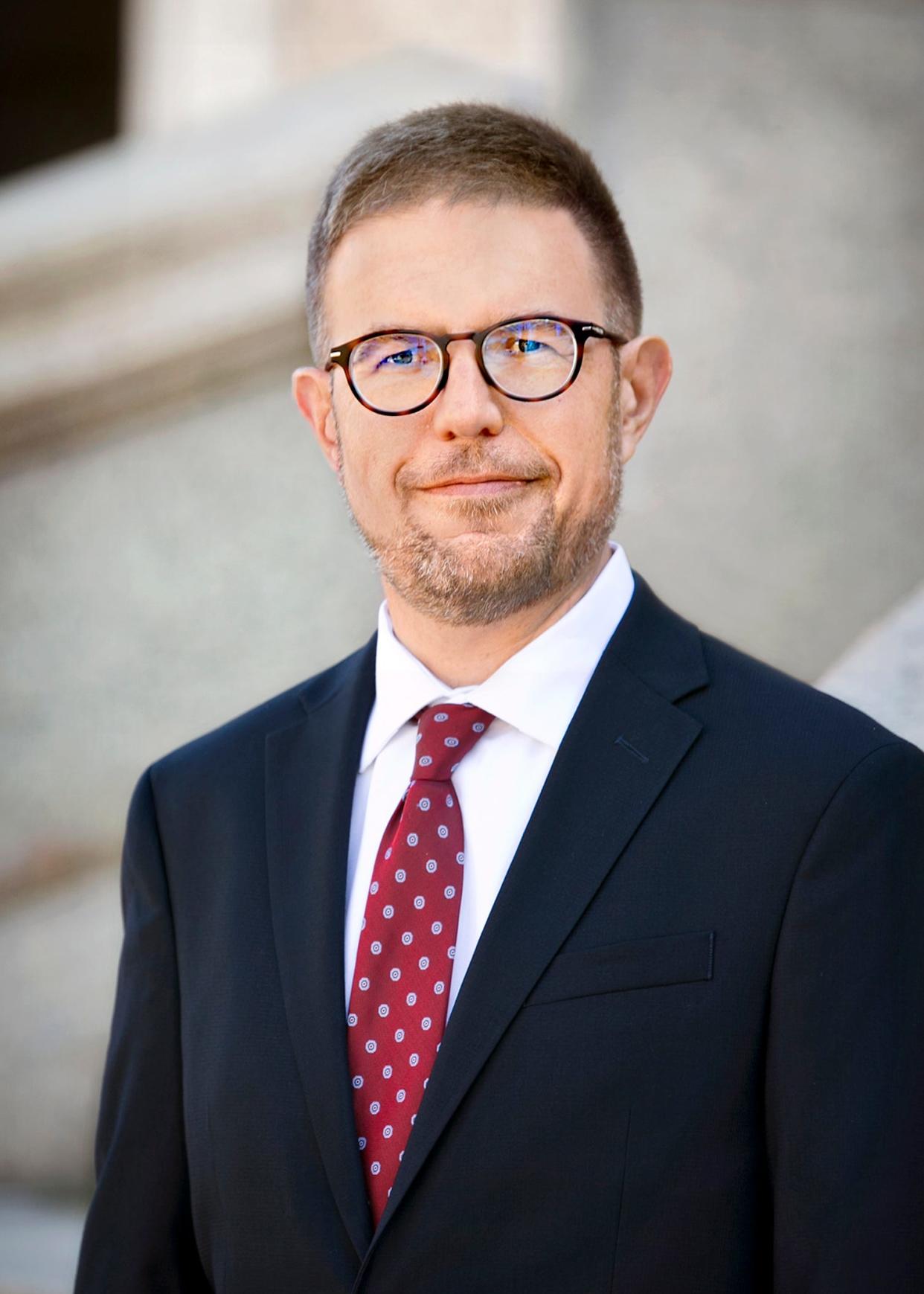Guest column: Census points to dynamic growth in Worcester over past 40 years

At the end of July, the Worcester Regional Research Bureau hosted some of the nation’s top governmental researchers, who wanted to see firsthand our city’s changing development in the modern economy.
The bureau was honored to bring them here for the annual conference of the Governmental Research Association, which has served objective, nonpartisan policy researchers since 1914. Worcester is by far the smallest community served by a GRA member, with our most comparable peers serving Philadelphia, New Orleans, Boston and Chicago.
At the conference, there were examinations of challenges confronting government, such as transit, housing, education, public workforce shortages and federal financial relief. As host, the bureau arranged speakers from the city, schools and state agencies that highlighted best practices locally and in Massachusetts, while providing insights through experts from across the country. The response was truly gratifying from our national peers, who offered these thoughts on Worcester:
"Visiting Worcester for the 2023 GRA conference has been an amazing experience. … The city is interesting, beautiful, and jam-packed with friendly people."
"I gained a fresh perspective on the city and greater appreciation for the tremendous transformation Worcester has undergone in the last ten years."
"It was also great to get to see some of the completed and up-and-coming development projects around the city and get to hear from Worcester’s government officials directly."
Although the bureau has the smallest service area of GRA members, we are highly respected among our peers for our expertise and impact on ongoing policy discussions. Their esteem for our work led to the WRRB winning the 2023 Award for Outstanding Policy Achievement on a Local/Regional Government Issue for our reports and online dashboard on the WRTA, as well as a Certificate of Merit in the Best Digital Communication category for our report on residential rents in the city.
Far larger communities than Worcester usually host the GRA’s national conferences, such as Philadelphia, Chicago, St. Petersburg, Detroit and Salt Lake City. But last year, we briefed them on Worcester’s foundational projects over the last three decades, and so there was strong interest in seeing these accomplishments and our city firsthand.
So we provided the attendees with a focus on Worcester’s evolution since 1990, working with city officials and others to conduct an intensive tour. Narrated by the city’s chief development officer, Peter Dunn, attendees saw some of our most notable redevelopment successes, with visits at Polar Park, the Reactory and the Worcester Memorial Auditorium. Both these projects and a panel discussion with Ché Anderson of UMass Chan Medical School, Senate President Emerita Harriette Chandler, Tim McGourthy of the City of Worcester and Tim Murray of the Worcester Regional Chamber of Commerce demonstrated the importance of public-private collaboration and coordinated advocacy for state and federal funding.
To complement this tour and discussion while providing an in-depth understanding of the changes Worcester has undergone over the last three decades, the bureau conducted our usual data-based research by analyzing Census data from 1990, 2000, 2010 and 2020. Our resulting analysis "Reinventing Worcester" and related visualization is online at www.wrrb.org, and reveals Worcester’s changing character over the last 30 years, such as:
Dramatic population growth at a rate of 28% over the last 40 years, with an increase of nearly 45,000 residents, reaching the highest levels since 1950, showing a corresponding increase in racial and ethnic diversity.
A median age below 35 years old for over four decades, and in 2020 having over 33,000 residents between 25 and 34 years old.
Consistent increased educational attainment, with the percentage of residents with a bachelor’s degree or higher surging by more than 13 points in 2021, surpassing one-third of the population aged 25 and higher.
Creating an additional 15,000 jobs in the management, professional and related occupations category, totaling 42% of the city’s occupations by 2021.
Growing employment has been driven by the service industry, with over 57% of the total jobs coming from the city’s educational, health and social services institutions.
Increased income on both a per-capita and household basis, though with a growing difference between households’ mean and median income which demonstrates an increasing earnings gap between the highest average incomes and the majority of households.
So this census data provides a complex picture of how Worcester has changed over the last 30 years, and how our economy and community are continuing to evolve. While Worcester’s future is bright, it is vital to learn from our past and understand how our community has undergone such profound change, to ensure we overcome challenges ahead. We all can learn from this analysis and inform ongoing development strategies and decisions that impact our community’s future.
While all voters should exercise their responsibility to cast ballots in this year’s municipal elections and historic shift to School Committee districts, there are other important opportunities to provide input to municipal government. Residents are being asked for input into the city’s development of a new mobility plan, and the city is undergoing the first master plan process since 1987. This effort, Worcester Now | Next, will guide city development for years to come, so deserves public attention and engagement.
As Worcester navigates these economic and community changes, thanks to generous support from business, philanthropy and individuals, the bureau will continue our unique work conducting objective, data-based analysis of these important policy issues to inform the public and policymakers.
Paul Matthews is executive director and CEO of the Worcester Regional Research Bureau.
This article originally appeared on Telegram & Gazette: Column by Worcester Regional Research Bureau on GRA conference

